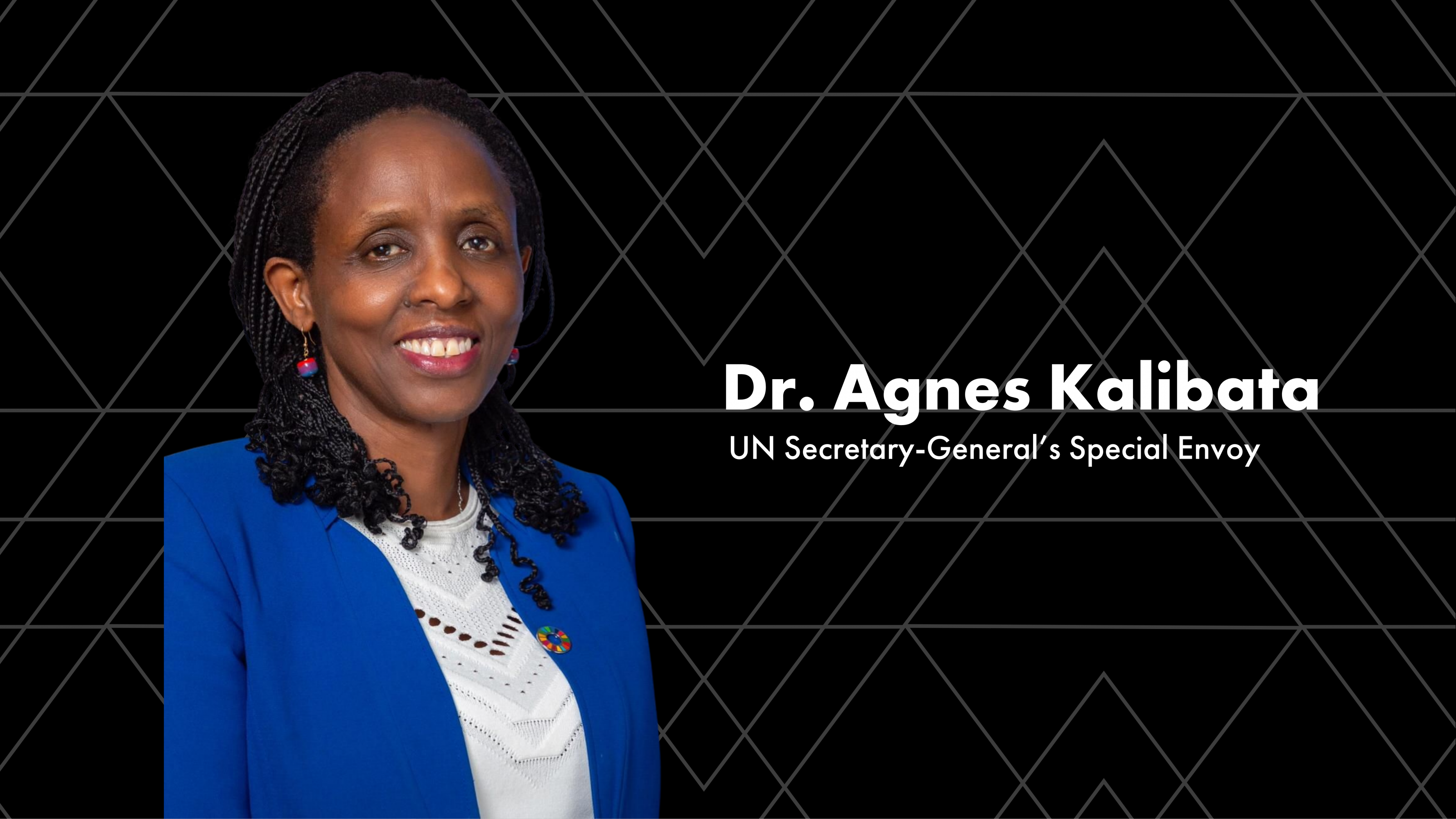
The latest in Forum’s Future of Sustainability series sees Forum’s Director of Global Programmes, Caroline Ashley, in conversation with Dr Agnes Kalibata, Special Envoy of the UN Secretary-General for the 2021 Food Systems Summit.
A scientist by training, a former Rwandan Minister of Agriculture, and now President of AGRA, the Alliance for a Green Revolution in Africa, Dr Kalibata is a leading authority on food systems reform. Here she reflects on the way debates around food, poverty and sustainability have evolved over the last 25 years, with shifting focus back and forth between feeding people and the ecological risks created by our industrial food system.
She shares her passion for action on food to be central to addressing climate change, and fears that quick wins may be at the price of farmers’ livelihoods if sound transition plans are not in place.
Diplomatic with her language, she points out that farm subsidies need to be repurposed, that richer countries have transition plans in place – such as for car industries – which poor farmers need too, and the world has plentiful resources that are needed for tackling climate change in Africa – which is a global challenge, not just an African challenge.
The avocado provides an example of action that can hurt livelihoods, yet where rapid action is being seen compared to some ‘hard’ issues such as coal.
Dr Kalibata directly rejects criticisms that the Food System Summit was captured by corporate interests and makes a strong case for engaging with private actors as the ‘elephant in the room’ – critical to progress. She doesn’t hesitate to call out how post-war food science turned food into an industry, a big business, with huge environmental costs.
A strong believer in engaging all sectors involved in the food system, she calls for strong leadership and looks forward to a COP 27 which tackles the 30% of global emissions driven by the food sector.
About Dr Kalibata
Dr Agnes Kalibata is one of Africa’s leading agricultural scientists, policymakers and thought leaders. As the UN Secretary-General’s Special Envoy, she played a leading role in organising the ground-breaking Food Systems Summit. Since 2014, she has been President of the Alliance for a Green Revolution in Africa (AGRA).
Born in Rwanda to smallholder farmers displaced during the struggle for independence in the early 1960s, Dr Kalibata was raised in a refugee camp in Uganda, where her parents grew beans and maize, and kept cows. Her education was funded through the family’s income from agriculture, ultimately allowing her to study entomology and biochemistry at Makerere University before earning her PhD from the University of Massachusetts Amherst.
After a range of posts as a research scientist and academic, she returned to Rwanda and ultimately became the Minister of Agriculture and Animal Resources from 2008 to 2014, where she led programmes to support the country’s many smallholder farmers, and so helped Rwanda become an object lesson in achieving food security.
She has won a wide range of awards, including the Africa Food Prize and the Public Welfare Medal of the National Academy of Sciences.
All opinions expressed by interviewees are their own and do not necessarily reflect the position of Forum for the Future.
From Millennium to Sustainable
Caroline: We’re starting all these conversations by looking back 25 years, when Forum for the Future was launched. So I’d like to open by asking, what were you doing 25 years ago?
Dr Kalibata: That would be 1996…1997… I was in between finishing my MSc and settling into a job and defining my career. I was keen to understand the challenges of the agricultural sector, and how these can be addressed by scientific solutions, and since then, I’ve sought to bring science into the heart of policy making on agricultural issues.
Caroline: So if we take the progress you’ve seen in the agriculture and food sector since then, what would you say are the biggest changes – both positive and negative?
Dr Kalibata: In the 1970s ecologists started raising the alarm about the relationship between mankind and the environment. But it wasn’t until the nineties that we started seeing a major shift where the economy took centre stage and in fact the World Bank started talking about slowing down economics so that we minimise the impact on the environment. 1992 saw the Rio Convention – the first Convention where politics now comes in. Governments started signing the first Rio Convention, committing to balancing economical growth, human activity, and environmental needs, and really recognising that our environment is actually a finite resource. Since then, we’ve had the UNFCCC and so many other things, but the whole conceptualisation and understanding of food systems didn’t come in until much later.
Before that point, we saw other shifts in sustainability. Poverty, hunger, malnutrition, started becoming a focus and that was the focus of the Millennium Development Goals. But it left out a major part of development – the environment. They did [introduce] one element which was critical: the MDGs had measurements. You could track progress, and you could hold each other accountable.
When the Sustainable Development Goals (SDGs) succeeded them [in 2016], they embraced that whole idea of measurement and tracking. But they also embraced environmental issues as critical elements of development.
Since then, we have recognised that achieving the SDGs means [making progress on] climate change, and adopting an approach to the food system which recognises the role it plays in climate and biodiversity loss.
Feeding the world, with trade-offs…
Caroline: Was it a big failure that we didn’t talk about food systems earlier on – for example, at the time of the MDGs? And when do you think we did start landing the concept of the food system, and how it fits into [the wider sustainability challenge]?
Dr Kalibata: If we go back even earlier, the idea of [prioritising] feeding people became extremely important around the end of the Second World War. During the lifetime of Norman Borlaug (1914-2009), who gave rise to the Green Revolution, world population increased from 1.5 billion to well over 6 billion people, and the catch was simple. We figured out how to feed ourselves. We figured out the economics of food and how we can produce not just enough to feed ourselves but also how to transform food into a huge global business.
Now, in the process of turning food into a business we probably went a little bit overboard, because then we started having all these externalities to the environment. Food became an industrial thing, rather than the way you feed people.
It was during the period between the MDGs and SDGs that the science around this negative impact of food systems (including food waste, which contributes close to 8% of global emissions), really became clear. I would say that today the biggest shift is that we recognise that to achieve SDGs we need to come through both on climate progress (as decided at the ‘COPs’), but also on the food systems approach, which is what has been emerging in the last few years.
A system in transition
Caroline: Looking forward now, and considering relative risks: do you worry more that we’ll sort out food security but damage the environment, or that we’ll sort out the environment and ignore people’s needs?
Dr Kalibata: It’s a very interesting question! I took part in the Food Systems Summit because I was worried about that. I’m seeing a lot of movement to address environmental challenges – and I understand why: Africa is hugely impacted by climate change – even though it accounts for less than 7% of global emissions. And we can’t deal with poverty and hunger unless we also address climate change.
But really, let’s worry about people the most.
Let’s remember that there are [food] supply chains in place, that have grown up over time, and there are people who depend on them. So if we’re to consider shutting them down for environmental reasons, we also need to consider the effect that will have on those people.
Africa is as concerned about the environment as everybody else, but we are also concerned that we have not been able to feed [all our] people yet. That’s not an excuse for us to ignore environmental issues – we need to address things like biodiversity and forest loss. But we also need to deal with the challenge of feeding our people as we do so.
At present, I think that the world is mainly making the easy choices [on climate change], rather than hard ones. The easy part of the problem is fixing a [food] supply chain, rather than dealing with the problem of coal power, and the amount of emissions that’s causing. Unfortunately, those easy choices have a major impact on people.
Caroline: Can you give me an example of some of those ‘easy choices’ that we’re adopting for the food system, which are having these negative impacts on people – and what are some of the deeper actions you think we need in contrast to them?
Dr Kalibata: Take the avocado. It contributes so much to our health. And there’s a value chain, a whole economy, based around its [production]. Now some countries are already rejecting avocado as a credible commodity, all because it contributes to environmental change. So if that’s the case, then we need to take it on – but we need to create an exit strategy. After all, in Europe, we talk about an exit strategy for [internal combustion] cars, and we allow ten years for it…
So I expect to see exit strategies for [African food] value chains as well. We need clear transition plans, that both manage their impact on people while advancing as much as possible on climate change.
Caroline: Interesting. So you’re saying that basically, in Europe, they’re planning a phased transition for cars, but not necessarily doing so for other shifts needed elsewhere…
Dr Kalibata: We should be preparing for transitions right across different value chains. We should not suddenly wake up in the food system and impose certain policies that actually make it difficult for people who depend on those value chains to transition to other forms of livelihood.
Repurposing subsidies
A lot of countries in the Western world are supporting farmers with subsidies which really encourage big industrial agriculture. That has had its benefits, but now we need to repurpose those subsidies
I’m being very deliberate – repurposing, not removing. I’m not saying that farmers don’t need support, but that support cannot come at the expense of the environment, and it has been doing so. We need to repurpose that support, so that it minimises the food system’s impact on the environment.
Time for Africa to raise its voice
Caroline: Do you feel that the African perspective, the African voice, has been too quiet in the years gone by, and is that changing now?
Dr Kalibata: There is a lot of space for [us to have] those conversations. There is a UN system that ensures that the right balance is there. But there are areas where we need to raise our voice more. The impact of climate change is one example. Africa is among the regions hardest hit, and the communities that are affected most are the ones which have the least means [to deal with it]. So because of that, the voices around the table cannot be equal. Africa has to raise its voice the highest. People will starve because of climate change!
So that’s the reason why Africa cannot afford to have its voice meek or humble. It needs to be loud – very loud around some of the unfair things that happen in the system we’re working in. I mean, right now we talk about the whole challenge around the COVID pandemic and access to vaccines, and I am glad that people are raising their voices there.
From a food system perspective, we must both secure global action on climate change, and find ways for Africa to feed itself. For Africa, these are non-negotiable – so our voices must be very strong as we go forward.
The Food Systems Summit
Caroline: So if we come specifically to food systems, first of all can I ask you for your reflections on the Food Systems Summit? It’s been very high profile, very contentious, very lively. What do you think were the big successes of the Summit, and what concerns, if any, do you have about the results?
Dr Kalibata: The food system is complex. It spans all the way from production systems to processing to consumers. It has all sorts of stakeholders. But we cannot allow complexity to weigh us down, because if there’s anything that has the potential to transform the world quickly, it’s the food system. So being able to get a global consensus that we must start transforming it, for me that is the biggest success. It was beyond what I was hoping for.
We had 165 member states step forward with clear statements of what they are going to do differently; we saw significant private sector engagement; we saw communities, Indigenous Peoples and youth put forward declarations saying, ‘We don’t want the status quo, we need to do things differently, and we want change now.’ There was a sense that everybody’s willing to come forward with an idea. And [despite the challenges of COVID], we were able to reach billions of people. We’ve been able to communicate what is at stake.
Caroline: There was a lot of criticism that vested interests were rather powerful in the Food Systems Summit. I’d be interested to know how you feel about those…
Dr Kalibata: Some in civil society really didn’t want to associate [with the Summit] because they thought that there was corporate capture of it. There was not. We set out to engage everybody, and the private sector was part of that. It’s critical to do so, because it has a huge stake in some of the issues we’re trying to address. Take obesity. The private sector can help us fix this problem, because a lot of it arises during processing, during ‘value addition’, which sometimes takes away more value than it adds. So we need [companies] around the table, to talk about how they can start to reduce the wrong impacts.
Second, there’s so much food waste in the system, whether it’s restaurants and hotels, or businesses [along] the supply chain. If we don’t engage the private sector, how do we expect that to go away?
Number three, the industrialisation of food systems is the product of the private sector. If we don’t engage them, how will this industrialisation and its impact, which we know is a huge part of the 30% of global emissions accounted for by food – how will that be managed? The private sector has been the elephant in the room. So, why would you not engage with it? Circumventing the elephant in the room does not lead to the results we’re looking for.
We need everyone to come to the table and find ways of building trust, because all of us are interested in the same results. We are all interested in a better environment, we are all interested in economies that can survive and that can assure the prosperity of our environment as well. That balance has to be found, and the private sector has a huge part to play in doing so.
Finally, it’s important to stress that the private sector did not fund the Summit. The Summit was funded by member states.
Prospects for COP 27
Caroline: Some saw the food system as missing from COP26 – or at least not as visible as you would like – but everyone seems pretty clear that’s going to change by the next COP. Would you agree?
Dr Kalibata: Yes, it’s in the interests of the COP process to deal with the 30% of climate emissions that come from the food system, so I believe COP27 will be different [especially in the wake of] the Food Systems Summit. And it will be in Africa, in the continent that’s most challenged by climate change from a food perspective. So, yes, there’s no way we can go into the next COP without recognising that we need to address the food system as part of it.
On priorities and hope
Caroline: What would be your top three priorities for the food system in the next 20 years – the top three things we need to do differently?
Dr Kalibata: First, at the individual level, each of us has a role to play in ensuring that we waste less; that we eat only what we need. Education has a role here too, so that really thinking about how we eat is as important as thinking about switching off the lights.
Number two, we really need to start putting resources where they are needed. The urgency in our food system means that we need to fix some of its problems yesterday rather than today. But I don’t see resources coming onto the table at the rate at which they should be.
There are countries which have many more resources than they need. We really don’t need to be swimming in resources when our ship is sinking. We need to ensure that those resources are put to task to help our ship stay afloat.
This isn’t about poor versus rich: the challenge of a sinking planet is a global challenge. We must all play our part, including here in Africa. We must rehabilitate our degraded landscapes and reforest our environment. But so must the rest of the world, which has got rich on [the back of] our [African] environment. We need to put some of those resources that are sitting in the West into rehabilitating it. Our children depend on that. Future generations of children depend on it, and those children are not necessarily in Africa. Even children in the US, in Europe, depend on it.
Third, our governments must really put their best foot forward.
People are put in leadership for a reason. They need to ensure that things happen faster, that policies are put in place that ensure we do the right thing, and that the most vulnerable among us are not paying the cost of what is done by the richest among us.
Caroline: In terms of food production, there is so much innovation happening now. There’s really futuristic talk about labs, there’s lots of companies adopting regenerative agriculture, there’s farmers experimenting with different approaches. Do you think how we produce our food is going to be radically different in 10 years’ time?
Dr Kalibata: We’ve figured out so many ways of producing more with less, improving genetics to ensure that we have crops that can take up sunlight faster, that can use nutrients better and so produce food faster. That is how we are producing so much more than we need.
Now we need to address food waste, and turn it into something of value. And we need to explore new sources of protein, including insects, which reproduce faster and consume less energy [than other sources], while generating the same amount of proteins.
There was no shortage of new ideas emerging in the Action Tracks of the Food Systems Summit, and because of the rate at which things are changing, the only way we can stay on top is to embrace innovation as quickly as possible.
Caroline: Finally, what is it that gives you hope?
I take comfort in the fact that as human beings, we are very committed to finding answers to our problems…. We are also extremely innovative. Although we create problems for ourselves, we have the ability to innovate ourselves out of those problems….
Dr Kalibata
I believe in leadership; [that] the people that are put forward to lead us actually mean well. We just have to make sure, and they have to make sure, that they continue to work hard to find the right solutions for the problems of the world that we are living in, and to find ways of collaborating and coming through together. Because where the world is at today, we need to collaborate.
Watch the interview to find out more
Watch this space
This piece concludes Part Two of the Future of Sustainability series. Join us in January 2022 as we begin Part Three – our exploration of the extent to which the world is responding to today’s crises, and what pivots need to be made.
About the Future of Sustainability: Looking Back to Go Forward
Produced by international sustainability non-profit, Forum for the Future, the Future of Sustainability: Looking Back to Go Forward is a unique opinion and commentary series set to explore lessons learned from the last 25 years in the sustainability movement and what they mean for the future.
Based on new and exclusive insights from diverse voices across the sustainability movement, we’ll examine where we have succeeded and where we have failed in creating real change. We’ll consider how the world is responding to today’s multifaceted challenges and opportunities, and what pivots might be needed if we’re to deliver at scale and pace. Lastly, we’ll look forward – exploring how we can reframe the goals of the system, reset our ambition, and encourage the adoption of new mindsets and approaches critical to creating what’s really needed: a truly just and regenerative future.
With thanks to our partners
Looking Back to Go Forward was made possible thanks to the generous support from our partners: Laudes Foundation, GSK Consumer Healthcare, Target, M&S, Capgemini, Bupa, 3M, the Cosmetic Toiletry & Perfumery Association (CTPA), Burberry, Olam Food Ingredients, and in particular our headline sponsor, SC Johnson

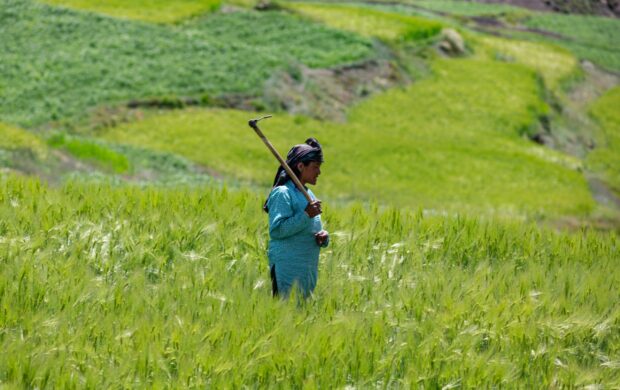
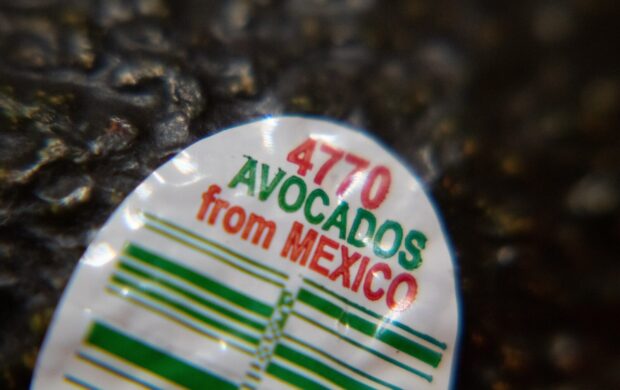
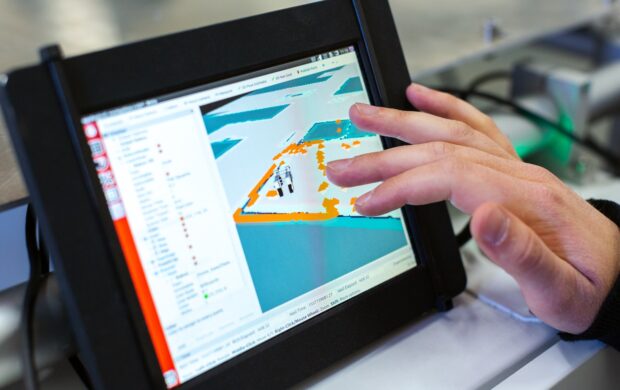

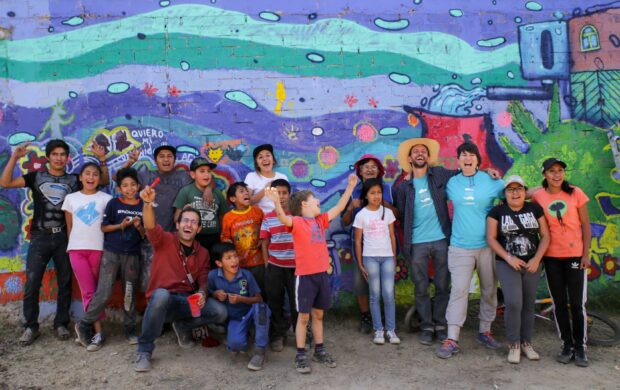

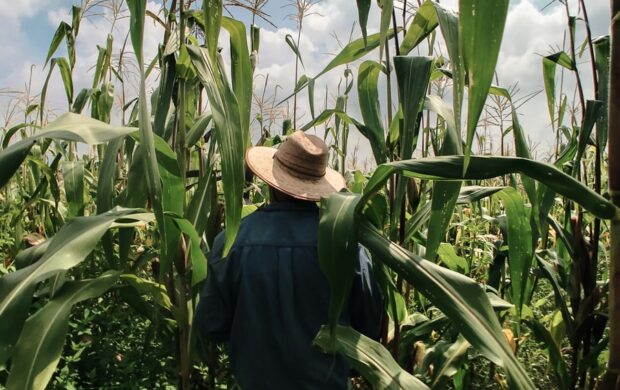
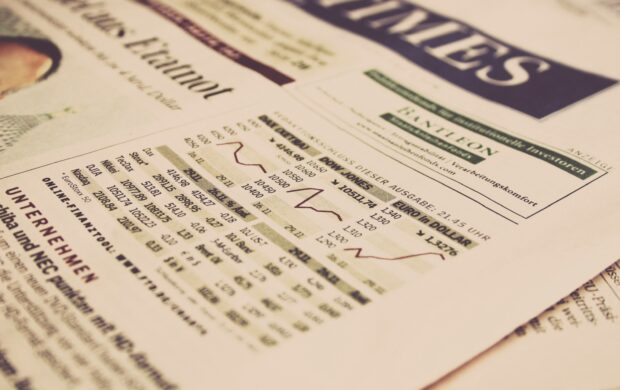
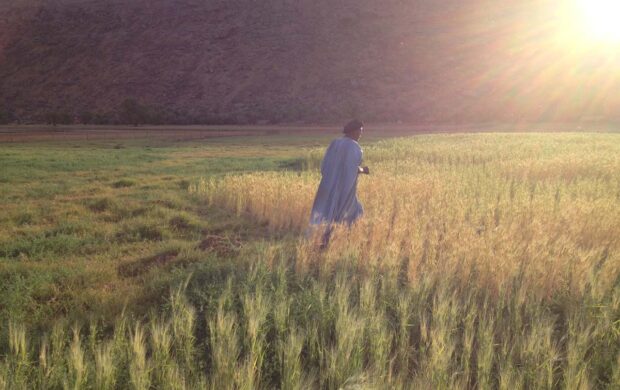
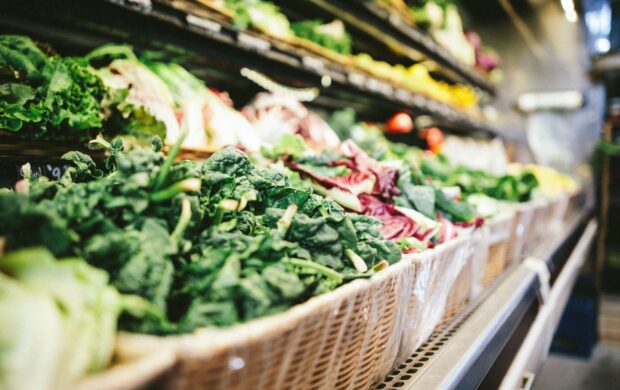


Join discussion